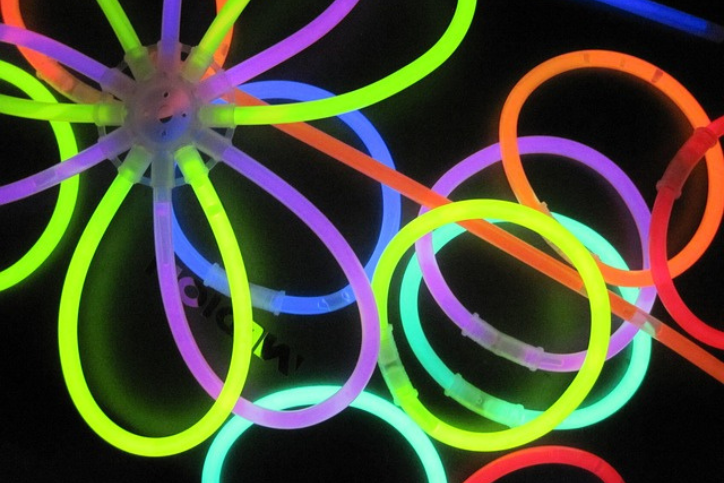Glow sticks are a fun way to light up parties, concerts, and other events. If a glow stick breaks open, the liquid inside can cause irritation to the skin, mouth, and eyes.
Seasonal Archive
Spring Cleaning
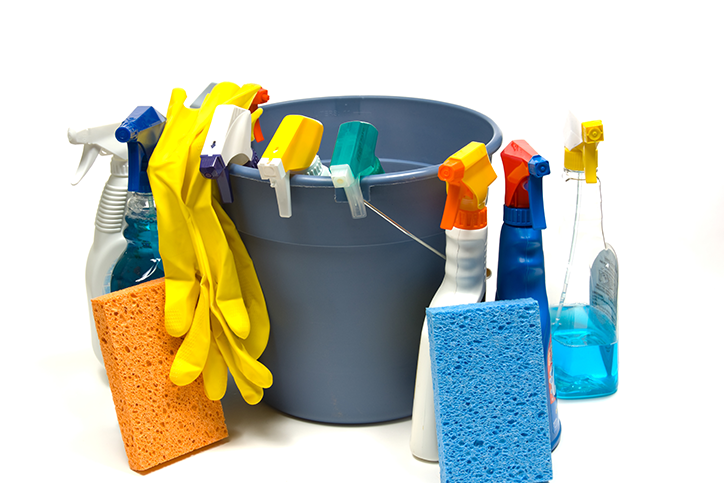
Let’s spring into cleaning safely—because sparkling countertops are great, but accidental poisonings are not!
Will Kids Really Eat That? Part Three
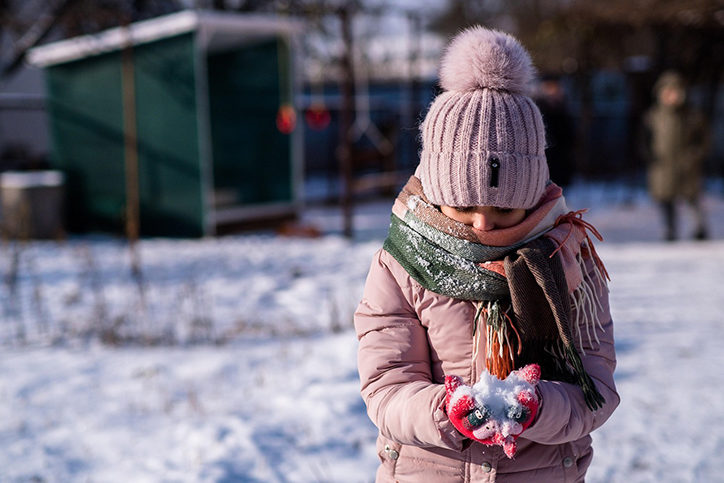
Winter brings new opportunities for kids to get into things they shouldn’t.
Don’t be Spooked by these Halloween Hazards

Is your little ghost or ghoul ready to go trick or treating? Are you having a Halloween party? Review some commonly encountered Halloween hazards to keep you and your family safe.
What You Should Know About Jimsonweed
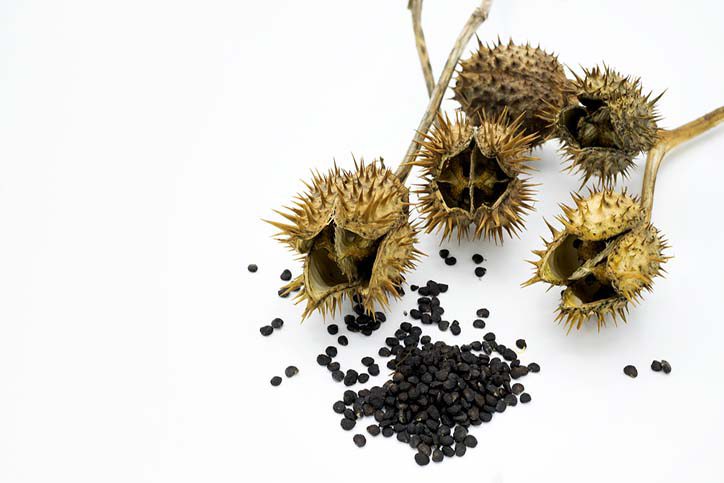
Jimsonweed, also known as “thorn apple” or “devil’s trumpet,” is a plant that’s flowers bloom in the summer and seed pods bloom in the fall. All parts of this plant – seeds, stems, leaves, roots, and flowers – are poisonous
What You Should Know About Poison Hemlock
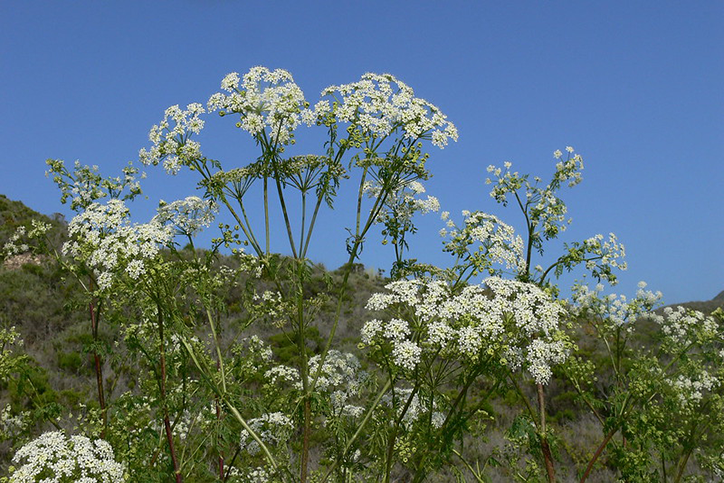
Poison hemlock is a toxic weed that grows in almost every state in the United States. It is found in fields and vacant lots and along roads, fences, and streams. All parts of the plant are toxic due to an alkaloid called coniine.
What You Should Know About Herbicides
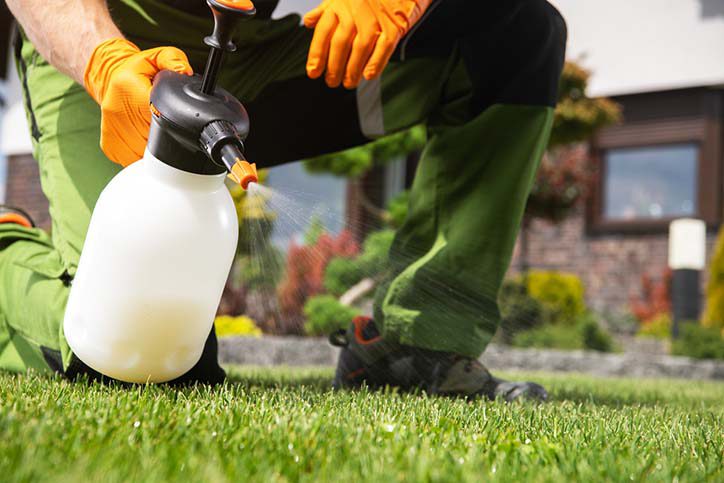
Herbicides, also known as weed killers, are a common household product. The spring season brings warmer weather and a chance to spend more time outside. You may also notice more weeds growing in your lawn or garden. Learn more about herbicides.
12 Days of Poison Hazards
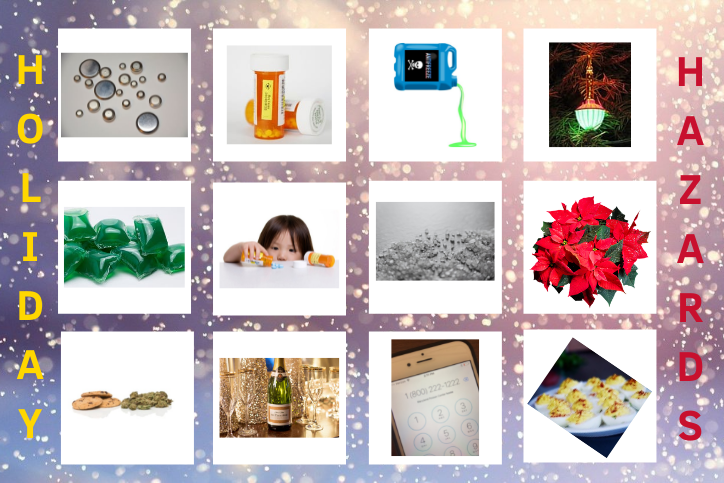
Poisonings don’t take a break for the holidays! Learn about these 12 days of poison hazards to keep you and your family safe.
Preventing Food Poisoning
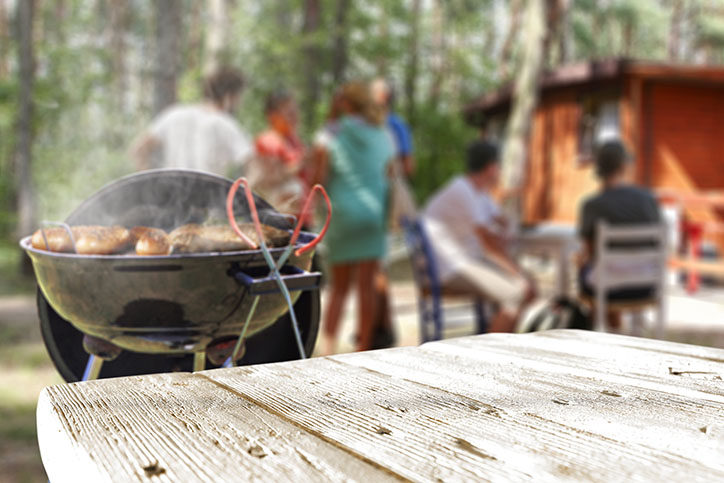
Heading to a party or cookout this summer? Don’t invite food poisoning. At outdoor parties and cookouts, the temperature of food can change, allowing bacteria to grow. Germs and bacteria on your food can cause food poisoning.
Poison Exposures in Children- Summer Edition
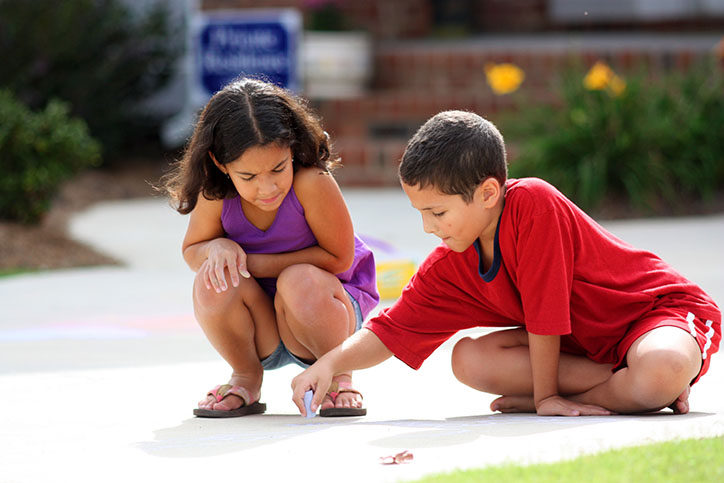
Summertime is finally here! Whether children are staying home or going to camps or on vacations, they will likely spend time exploring their environments.

